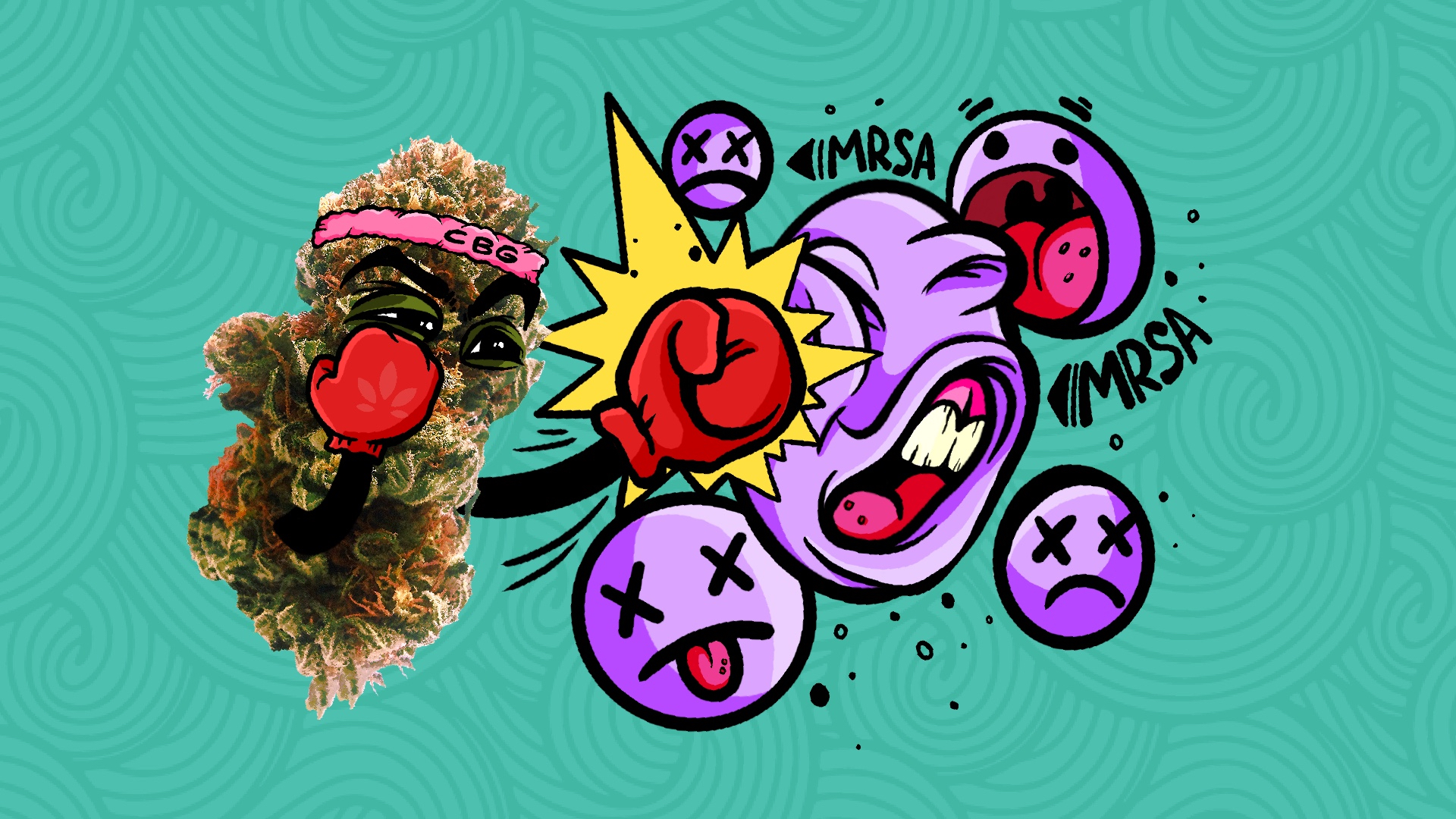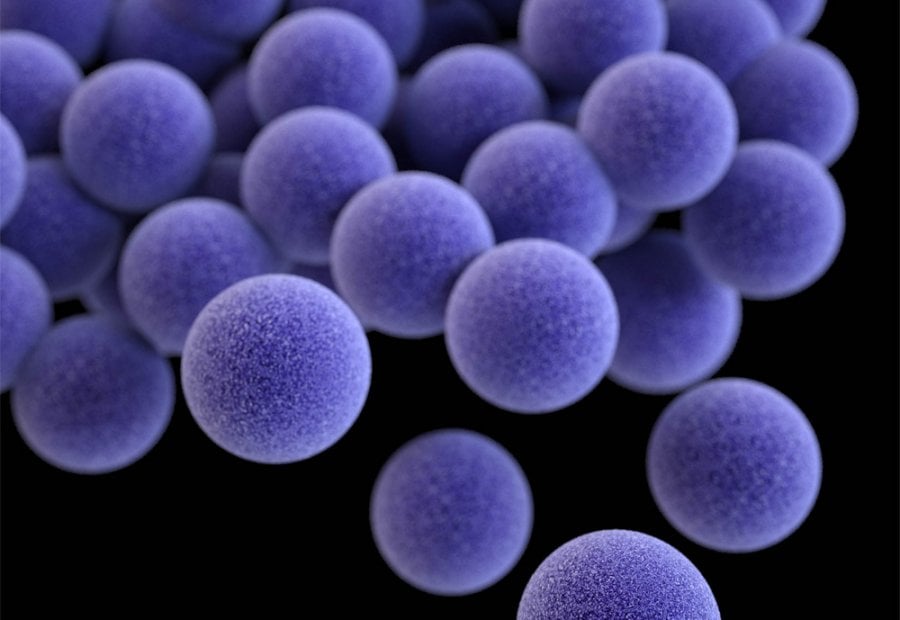Mrsa | Mrsa stands for methicillin resistant staphylococcus aureus. Methicillin resistant staphylococcus aureus (mrsa) in the community: There are many different types of staphylococcus aureus. Staphylococcus aureus (staph) is a type of bacteria. People sometimes call it a superbug because it is resistant to numerous.
Mrsa is usually limited to the skin. Mrsa causes mainly skin infections in nonhospitalized people; Mrsa germs can get into a skin injury, such as a cut, bite, burn or scrape. Mrsa is an infection caused by a group of bacteria called staphylococcus aureus. This strain of the common staph bacteria causes infections in different parts of the.

Aureus, or sa) is a common bacterium (a type of germ) in the nose and on the skin of people and animals. In some cases, it causes pneumonia (lung infection) and other infections. It can spread from person to person via direct contact, hands, towels and personal grooming items. Mrsa mrsa is a type of bacteria that's resistant to several widely used antibiotics. This means infections with mrsa can be harder to treat than other bacterial infections. Mrsa is usually limited to the skin. Mrsa is a particular type (strain) of staphylococcus. Staphylococcus aureus (staph aureus, s. People sometimes call it a superbug because it is resistant to numerous. Staph infections—including those caused by mrsa—can spread in hospitals, other healthcare facilities, and in the community where you live, work, and go to school. In hospitalized patients, it can cause sepsis, surgical site infections, and pneumonia. Mrsa is an infection caused by a group of bacteria called staphylococcus aureus. Doctors use to treat staph infections.
Mrsa is usually limited to the skin. Doctors use to treat staph infections. This type of bacteria is resistant to many different antibiotics. Aureus is worldwide, and therefore many people have these bacteria in their bodies, meaning they are. (antimicrobial resistance (amr)/antibiotic resistance) staphylococcus aureus is a common bacteria that lives on our skin and, most of the time, causes no ill effects.

Mrsa mrsa is a type of bacteria that's resistant to several widely used antibiotics. Outside of healthcare settings in the community (where you live, work, shop, and go to school), mrsa most often causes skin infections. This type of bacteria is resistant to many different antibiotics. This means infections with mrsa can be harder to treat than other bacterial infections. However, when it goes inside the human body, through a cut or broken skin, it can cause problems. Information for the public community acquired mrsa (camrsa) can cause skin and other more serious infections. There is no mrsa virus, a common misnomer, because it is strictly a bacterial infection. This strain of the common staph bacteria causes infections in different parts of the. Doctors use to treat staph infections. It can spread from person to person via direct contact, hands, towels and personal grooming items. Mrsa stands for methicillin resistant staphylococcus aureus. Mrsa germs can get into a skin injury, such as a cut, bite, burn or scrape. Staphylococcus is a group of bacteria, familiarly known as staph or staph bacteria (pronounced staff), that can cause a multitude of diseases as a result of infection of various tissues of the body.
Mrsa causes mainly skin infections in nonhospitalized people; This means infections with mrsa can be harder to treat than other bacterial infections. Staphylococcus aureus) that is more resistant to antibiotics, specifically the penicillin type antibiotics as well as other currently used antibiotics. Mrsa mrsa is a type of bacteria that's resistant to several widely used antibiotics. (antimicrobial resistance (amr)/antibiotic resistance) staphylococcus aureus is a common bacteria that lives on our skin and, most of the time, causes no ill effects.

Mrsa stands for methicillin resistant staphylococcus aureus. Mrsa germs can get into a skin injury, such as a cut, bite, burn or scrape. (antimicrobial resistance (amr)/antibiotic resistance) staphylococcus aureus is a common bacteria that lives on our skin and, most of the time, causes no ill effects. Staph infections—including those caused by mrsa—can spread in hospitals, other healthcare facilities, and in the community where you live, work, and go to school. People sometimes call it a superbug because it is resistant to numerous. Staphylococcus aureus (staph aureus, s. It refers to a group of staph bacteria that are resistant to common antibiotics. This type of bacteria is resistant to many different antibiotics. However, when it goes inside the human body, through a cut or broken skin, it can cause problems. Humans can contract mrsa in a hospital or through other contact in everyday life. Mrsa is usually limited to the skin. Mrsa is an infection caused by a group of bacteria called staphylococcus aureus. Aureus is worldwide, and therefore many people have these bacteria in their bodies, meaning they are.
Mrsa: Methicillin resistant staphylococcus aureus (mrsa) in the community:
comment 0 Post a Comment
more_vert